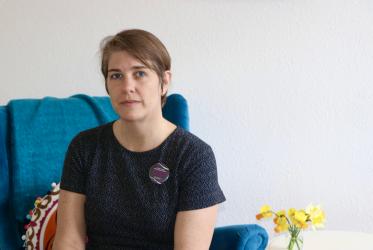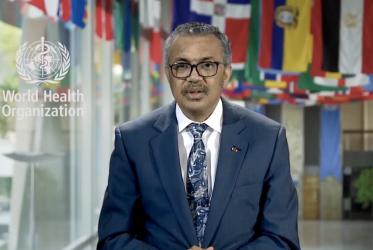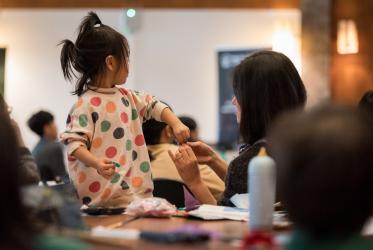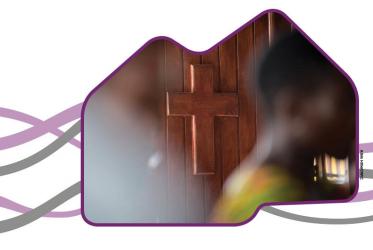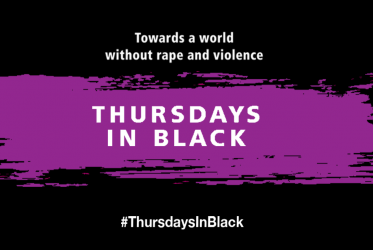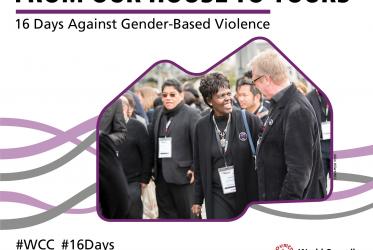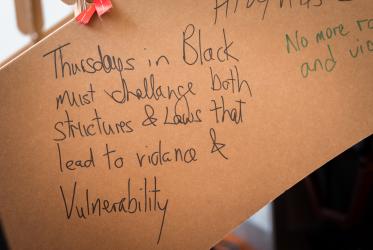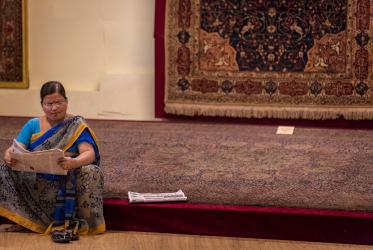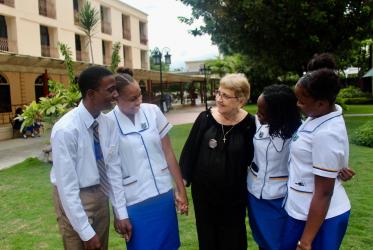Displaying 21 - 40 of 80
16 Days: global voices ring strongly against gender-based violence
11 December 2020
South Africans draw hope despite recurring challenges
16 December 2019
When you strike the women, you strike a rock
18 September 2019
WCC Executive Committee envisions future for one ecumenical movement
08 November 2018
“If this is the ecumenical movement I want to be in!”
11 October 2018
Linette Vassel: “We need to examine power more deeply as women”
03 October 2018
